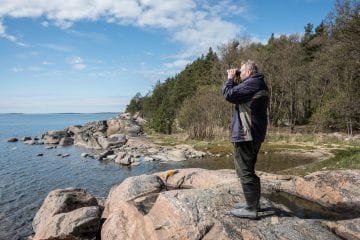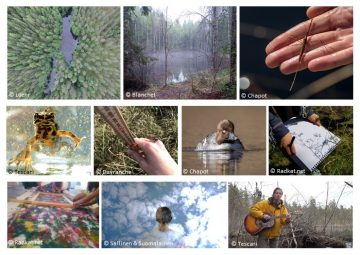Research projects
On-going projects
Avian Influenza
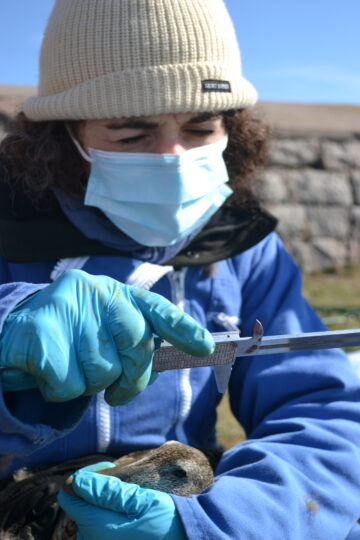
I lead the Finnish sampling effort on waterbirds for the KAPPA flu project and the Finnish Food authority active surveillance network.
EU Horizon 2020 funded project
DISRUPT: Ducks as models for assessIng endocrine DISRUPTing chemicals in the aquatic environment
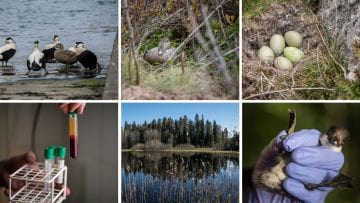
Migratory waterbird populations have dramatically declined worldwide. In parallel, the proportion of females has considerably decreased in these populations. Increasing predation of incubating females has been put forward to explain such declines. However, the range of species affected by sex ratio bias towards males and the spatial scale of the processes suggest that other factors are involved. The increase of pollutants in the environment may contribute to these declines via a reduction of fertility, or an alteration of the immune response, especially of females. In birds, egg production and viability, as well as sex differentiation and the immune response involve hormonal mechanisms that can be altered by pollutants. Among them, endocrine disrupting chemicals (or EDCs) are of particular concern.
We are studying EDCs exposure and their biological effects in waterbirds, with special focus on: the common Eider Somateria mollissima and the Common Goldeneye Bucephala clangula.
Disrupt is 5-year project (2020-2025) funded by the Academy of Finland.
EIDEAR: EIDEAR_Drivers of nesting failure in common eider (Somateria mollissima)? the study case of the eider colony at Bengtskär
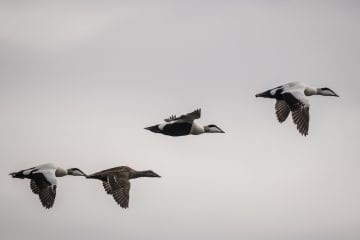
This project focused on the eider population of Bengtskär, an emblematic island of the Finnish Archipelago. Bengtskär hosts currently approx. 500 nests per year. High number of failed hatchling (unhatched eggs and dead ducklings) are reported on the island (43% in 2019) despite the absence of terrestrial and aerial predators.
The overall goals of this project are to investigate the drivers of the egg / hatchling failure at Bengtskär, and to assess if the failure is higher in female embryos as compared to males.
EIDEAR was funded by Turku University Foundation( 2020-2021).
WATBRO: Water browning and land use in a forest landscape
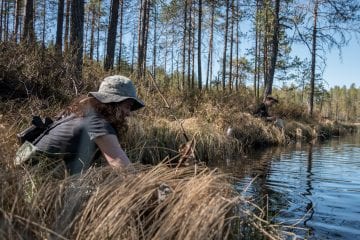
Lakes and rivers are becoming browner throughout the Northern hemisphere. We study the causes and consequences of brownification on the Boreal Aquatic Ecosystems.
Collaborations: Lammi Biological Station, University of Helsinki, HAMK, LUKE, University of Eastern Finland, VanajavesiKeskus, University of Angers (France)
WATBRO is funded by the Finnish Cultural Foundation Häme Regional Fund and the Finnish Cultural Foundation General Call (2018-2022).
POOL: the role of seasonal wetlands as biOdiversity hOtspots and nature-based soLution to water quality decline in the Finnish boreal forest ecosystems .
POOL aims at unraveling the role of seasonal wetlands as biOdiversity hOtspots and nature-based soLution to water quality decline in the Finnish boreal forest ecosystems .
POOL uses a multi actor and transdisciplinary approach.
POOL gathers the expertise of a multidisciplinary team of researchers, artists and stakeholders to provide in depth knowledge and raise awareness on deficiently known seasonal wetlands in boreal forest ecosystems.
The project pool is funded by the KONE foundation from 2022 to 2025
More about POOL here
Forty years of bird survey in the Archipelago sea
